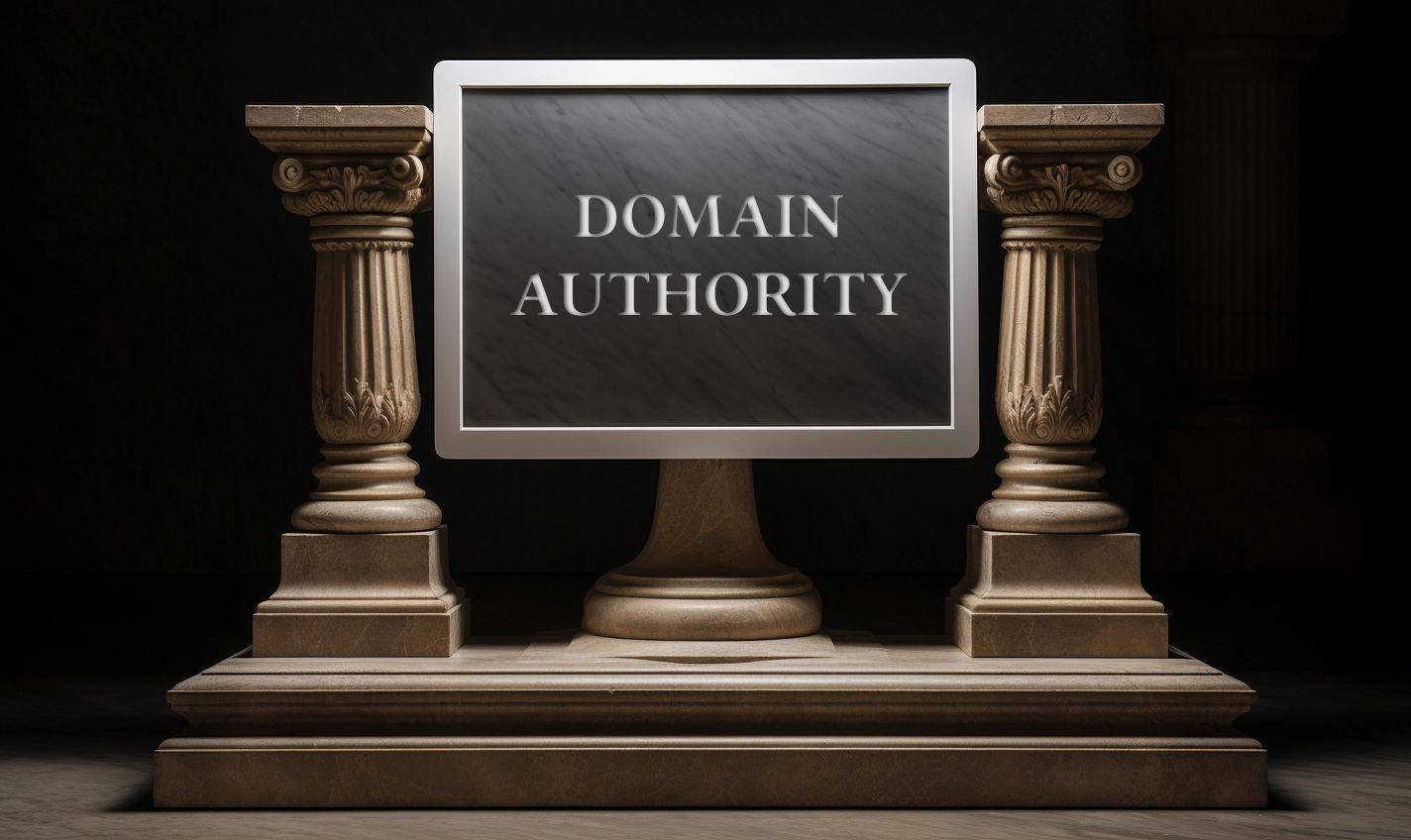
Mastering Domain Authority: A Comprehensive Guide to Elevate Your Website’s Credibility
“Domain authority is the backbone of any successful SEO strategy.” – Neil Patel
In the competitive world of online visibility, Domain Authority stands as a beacon guiding the way to a website’s credibility and recognition. This blog aims to demystify Domain Authority, its role in establishing credibility, and provides actionable strategies to boost this critical metric. Equip your website with the knowledge necessary to thrive in the digital landscape.
What is Domain Authority?
Developed by Moz, Domain Authority (DA) is a metric that predicts a website’s ability to rank on search engine result pages (SERPs). It is scored on a logarithmic scale from 0 to 100, with higher scores indicating a greater ability to rank. Domain Authority takes into account various factors, including the quality and quantity of backlinks, on-page SEO elements, and overall website performance.
Why Does Domain Authority Matter?
“A high domain authority signifies trust and credibility to both users and search engines.” – Brian Dean
Domain Authority is a reflection of your website’s overall credibility and influence. Search engines consider high Domain Authority as an indicator of a trustworthy and authoritative site. Websites with a strong DA are more likely to rank higher in search results, attracting organic traffic and establishing a positive online reputation.
How to Boost Your Domain Authority:
“Domain authority is not just about the quantity of backlinks, but also the quality and relevance of those links.” – Moz
1. Quality Link Building:
Acquire high-quality backlinks from authoritative and relevant websites within your niche. Focus on building a diverse and natural link profile to enhance the overall credibility of your domain.
2. On-Page SEO Optimization:
Optimize your website’s on-page elements, including title tags, meta descriptions, headers, and content. Ensure that your pages are well-structured, contain relevant keywords, and offer a positive user experience.
3. Technical SEO:
Address technical aspects of SEO, including site speed, mobile responsiveness, and crawlability. A technically sound website contributes to a positive user experience and can positively impact Domain Authority.
4. Content Quality and Relevance:
“Focus on creating valuable content and earning authoritative backlinks to increase your domain authority organically.” – Search Engine Journal
Produce high-quality, relevant, and engaging content that caters to the needs of your target audience. Regularly update and refresh your content to demonstrate ongoing relevance and expertise.
5. Social Signals:
Build a strong presence on social media platforms. While social signals may not directly impact Domain Authority, a robust social presence can contribute to increased visibility and potential link opportunities.
6. Consistency is Key:
Consistently implement SEO best practices and monitor your website’s performance. Regularly assess and adapt your strategies to align with evolving search engine algorithms and industry trends.
Domain Authority serves as a compass in the vast landscape of online credibility. By focusing on quality link building, on-page optimization, technical SEO, content quality, and social signals, you can enhance your website’s Domain Authority. Empower your online presence, increase visibility, and establish a lasting impression by mastering the intricacies of Domain Authority in your quest for digital success.
